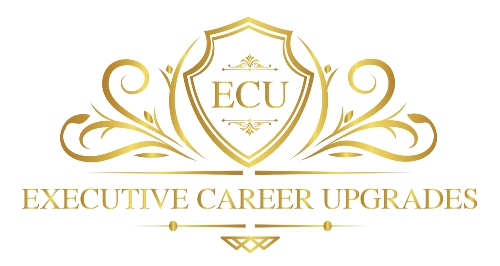Executives frequently find maintaining a healthy work-life balance challenging in today’s fast-paced and high-stress business world. The pressure to perform at the highest level can be all-consuming, leaving little time or energy for personal pursuits. However, prioritizing self-care and personal growth is crucial to achieving long-term personal and professional success. We’ll explore the benefits of regular self-care practices, strategies for managing stress and staying healthy, and the importance of continued learning and growth for executives.
The Benefits of Regular Self-Care Practices
Self-care practices play a critical role in achieving a balanced work-life for executives. Regular self-care helps reduce stress and anxiety, allowing for a more positive mindset and better handling of professional challenges. Prioritizing activities promoting physical well-being, such as exercise and proper nutrition, can also increase energy levels and overall health, increasing productivity and resilience. Mindfulness practices, such as meditation, deep breathing exercises, or yoga, can help reduce stress and improve focus. Pursuing hobbies and interests outside of work can provide a mental break and create a sense of fulfillment and enjoyment in personal life. Lastly, maintaining a healthy diet is crucial to fueling the body with nutritious meals and snacks, focusing on a balanced diet rich in fruits, vegetables, lean proteins, and whole grains. Staying hydrated by drinking plenty of water throughout the day is equally important.
Prioritizing self-care practices is just the first step to achieving a balanced work-life as an executive. In the following section, we’ll explore strategies for managing stress and staying healthy, providing additional techniques for executives to optimize their well-being and performance.
Strategies for Managing Stress and Staying Healthy
Stress management is crucial for executives to maintain their well-being and performance. Incorporating regular physical activity into daily routines, such as 30 minutes of moderate exercise most days of the week, can help relieve stress, improve mood, and increase energy levels. Prioritizing sleep is equally important, ensuring that one gets 7-9 hours of quality sleep each night to support their mental and physical health. Mindfulness practices such as deep breathing exercises, meditation, and yoga can help executives manage stress more effectively. Pursuing hobbies and interests outside of work can provide mental breaks, reduce stress, and create a sense of fulfillment in one’s personal life. Maintaining a healthy diet rich in fruits, vegetables, lean proteins, and whole grains is crucial, as is staying hydrated by drinking plenty of water throughout the day.
While self-care practices and stress management strategies are crucial for executive well-being, personal growth, and continued learning are equally essential. In the next section, we’ll explore the importance of personal growth and continued learning for executives and strategies for integrating them into their daily routines.
The Importance of Personal Growth and Continued Learning
Personal growth and continued learning are critical for executives to maintain their edge and adapt to a rapidly changing business environment. Keeping up-to-date with the latest trends, developments, and best practices in their field is crucial for maintaining a competitive edge and making informed decisions. Attending workshops, conferences, and training programs is a valuable way for executives to acquire new skills and expand their knowledge base. Seeking mentorship and peer learning opportunities can also provide valuable insights and connections. Embracing feedback and reflection helps executives identify growth areas and become more effective leaders. Cultivating a growth mindset that embraces challenges, learns from failures, and views setbacks as opportunities for growth and improvement is essential. By prioritizing self-care practices, stress management strategies, personal growth, and continued learning, executives can achieve a more balanced and fulfilling work-life.
Balancing Business and Well-Being
Prioritizing self-care, stress management, personal growth, and continued learning are essential for executives to achieve a balanced work-life. Incorporating self-care practices such as regular exercise, mindfulness, and pursuing hobbies can improve one’s mental and physical health. Stress management strategies such as getting enough sleep, practicing mindfulness, and maintaining a healthy diet can reduce stress and increase energy levels. Continued learning and personal growth can help executives adapt to a rapidly changing business environment, maintain a competitive edge, and become more effective leaders. By prioritizing these strategies, executives can maintain a healthy balance between work and personal life, achieve long-term success, and lead fulfilling lives.
You can also learn more by listening to our weekly Executive Career Upgrades Podcast. We share tactics and strategies each week to help business professionals targeting six figures or multiple six figures navigate this current job market to land the job they deserve! Listen now by clicking the graphic below:


